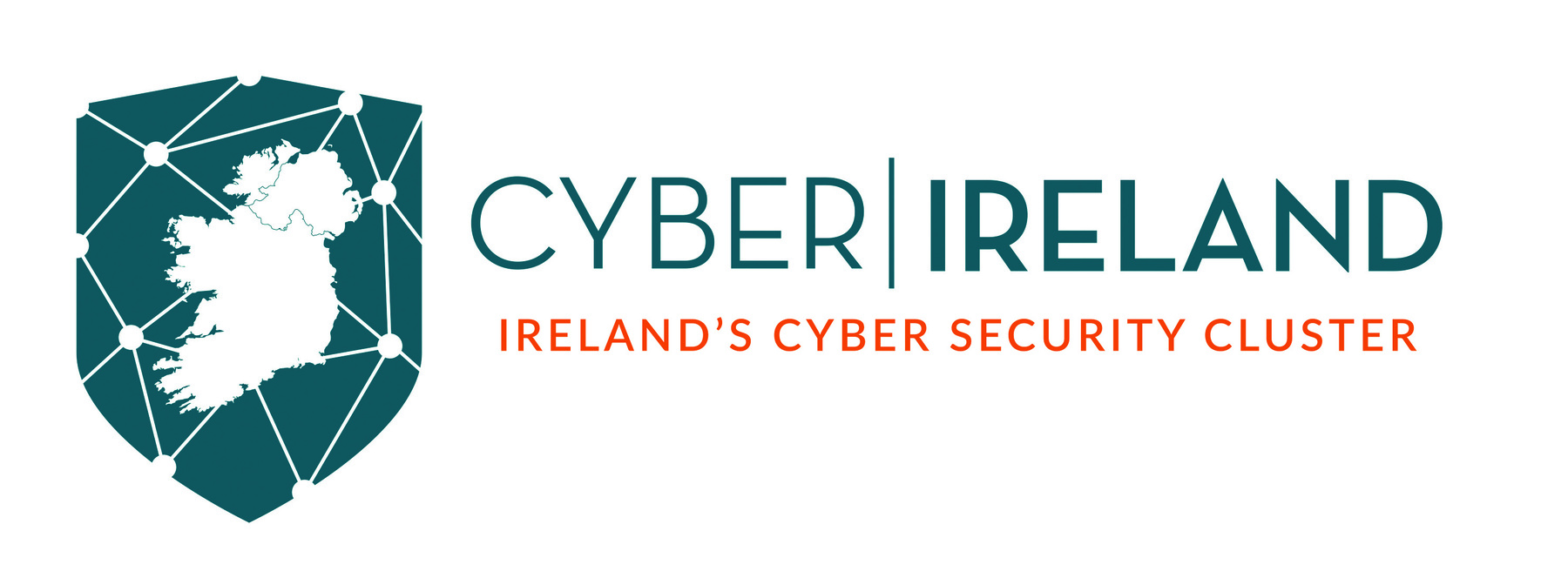Understanding Cyber Threats: Key Insights from the DSIT Cyber Security Breaches Survey 2024
10 Jun 2024
In today's digital landscape, cyber security remains a critical concern for businesses and charities. The "Cyber Security Breaches Survey 2024" by the UK government sheds light on the current state of cyber security across various sectors. Here are the key takeaways that Midlands Cyber has pulled out from the report that every organisation should be aware of.
The Prevalence of Cyber Attacks
The Prevalence of Cyber Attacks According to the survey, a significant number of organisations have experienced cyber attacks over the past year. Specifically, 32% of businesses and 24% of charities reported at least one cyber security breach or attack. The most frequent types of breaches include phishing, where attackers deceive individuals into providing sensitive information, impersonation, and ransomware attacks that lock users out of their systems until a ransom is paid.
Financial Impact on Organisations
The financial repercussions of cyber breaches can be substantial. The survey estimates that the average cost of a breach for businesses over the last 12 months is around £4,200. This cost escalates dramatically for medium and large businesses, underscoring the critical need for robust cyber security measures.
Preparedness and Response
Despite growing awareness of cyber threats, many organisations still fall short in their preparedness. The survey reveals that only 35% of businesses and 33% of charities have a formal cyber security policy in place. This lack of formal policies highlights a vulnerability that could be mitigated through better planning and implementation of security measures.
Government Initiatives
To combat the rising tide of cyber threats, the UK government has introduced several initiatives aimed at bolstering cyber security resilience. Notable among these is the Cyber Essentials scheme, which provides organisations with a framework for implementing basic cyber security measures. Additionally, public awareness campaigns are ongoing to educate businesses and individuals about the importance of cyber security.
Sector Differences
The report also points out significant disparities in cyber security measures across different sectors. For instance, the finance and insurance sectors typically have more robust cyber security protocols compared to other sectors such as construction and hospitality. This variance underscores the need for sector-specific strategies and solutions.
Conclusion
The survey provides critical insights that can help organisations better understand and mitigate cyber threats. With cyber attacks becoming increasingly sophisticated, it is imperative for businesses and charities to strengthen their cyber security measures. By adopting comprehensive policies and leveraging government initiatives, organizations can better protect themselves against the financial and operational impacts of cyber breaches.











